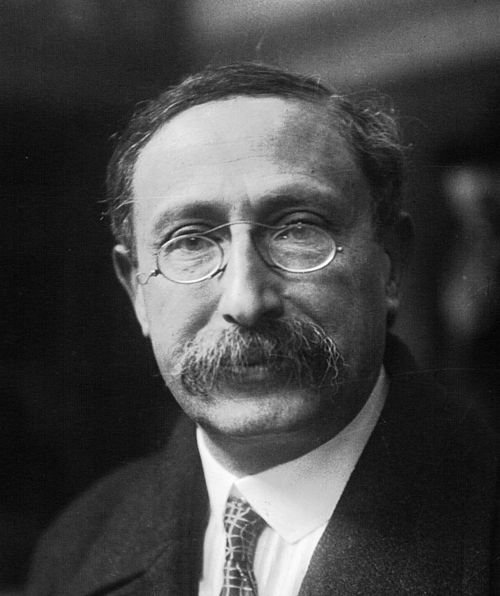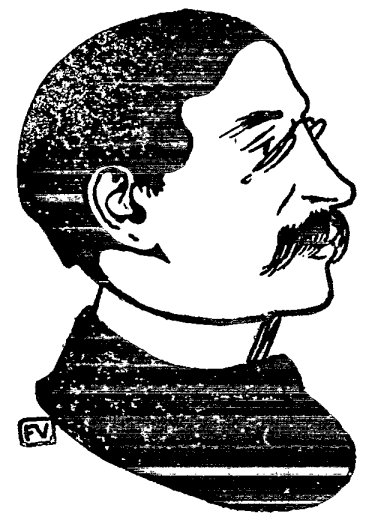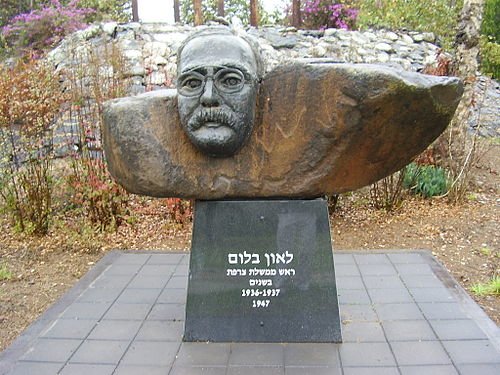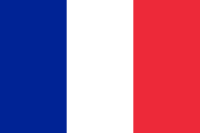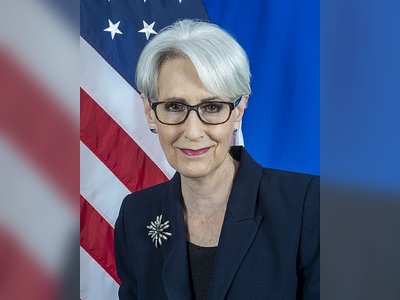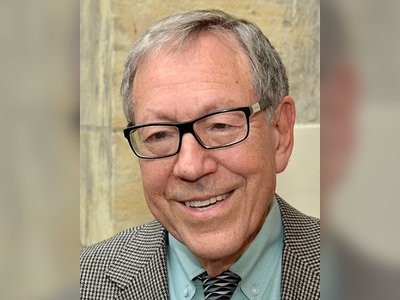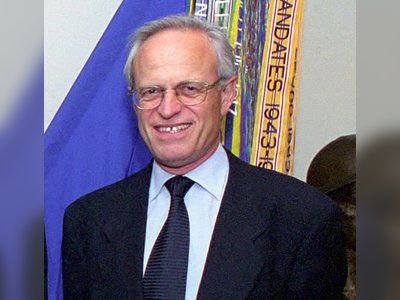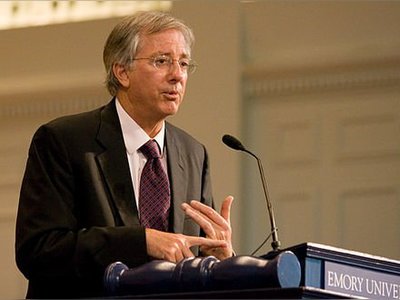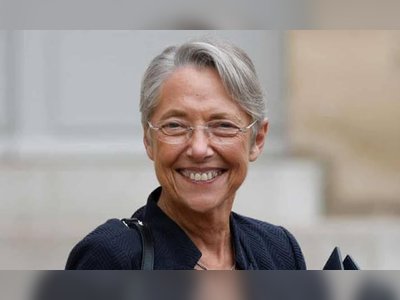Leon Blum: A Political Pioneer in France
Leon Blum, born André Léon Blum on April 9, 1872, in Paris, was a prominent Jewish French politician, leader of the SFIO party (the precursor to the Socialist Party), and one of the founders of the Popular Front. He served as the Prime Minister of France three times: first from 1936 to 1937, then for a brief month in 1938, and again for a month following World War II. Blum holds the distinction of being the first Jewish Prime Minister of France.
Early Life
André Léon Blum was born into a devout Jewish family in Paris. His father, Abraham, was a merchant, and Leon was one of his five children. The Blum family embraced French culture, like many Jews in Europe at the time, and, along with the broader values of the French Revolution, they held dear the ideals of liberty, equality, and fraternity.
Education and Literary Career
Blum received an education in the upper echelons of society and completed his studies in 1894. He also embarked on a successful career as a literary critic. Blum had a deep appreciation for the works of authors such as Stendhal, Jules Michelet, André Gide, and Marcel Proust. He was an ardent admirer of Shakespeare and Tolstoy. Blum was particularly esteemed for his expertise in European literature, earning him the moniker "Man of Words." He believed in the power of language and the importance of its use in all his roles.
Political Activism
In 1894, the Dreyfus Affair, a highly controversial case involving a Jewish army officer falsely accused of treason, prompted Blum to enter the political arena. He joined the fight for justice for Captain Alfred Dreyfus, aligning himself with intellectuals, academics, liberals, and socialists. Among his associates in this cause was the socialist parliamentarian Jean Jaurès, who Blum greatly admired. Over time, a strong personal, political, and social bond developed between the two men.
In 1895, Blum was appointed to the State Council (Conseil d'État) and began writing for the socialist party's newspaper, "L'Humanité" (The Humanity, a name suggested by Blum himself). In 1899, influenced by Jaurès, who had become his mentor and close friend, Blum officially joined the Socialist Party.
During World War I, Blum was exempted from military service in the French army. Shortly after the assassination of Jaurès, who by then had become the leader of the socialists, Blum, at the age of 42, threw himself into active politics. He initially became the leader of the party's executive committee and later was elected as a parliamentary member in 1919.
Between 1919 and 1920, the socialist party was torn apart by internal conflicts related to the Russian Revolution and socialist movements. Blum worked tirelessly to prevent the party from splitting further, viewing such a split as destructive.
Radicals advocating for a revolutionary stance eventually separated and founded the French Communist Party, aligning themselves with the Comintern (the international communist organization) and taking with them "L'Humanité," the flagship newspaper of the socialist party. Blum, undeterred, founded a competing newspaper called "Le Populaire" and remained at the helm of the non-revolutionary socialist party.
As a committed Marxist, Leon Blum refused to participate in non-socialist governments, which he perceived as bourgeois and serving the interests of the wealthy. The formation of a socialist government, regardless of electoral support, remained elusive for several years, mainly due to the Communists' refusal to cooperate according to the Kremlin's directives. They considered the French Socialist Party to be a bourgeoisie party in disguise, labeling it "social-fascist."
As the Nazis rose to power and fascism gained strength across Europe, including France, the Kremlin adjusted its stance and gave the green light for cooperation with the socialists.
Blum, alongside other leaders such as Edouard Daladier, Maurice Thorez, Edouard Herriot, and Daniel Mayer, formed the Popular Front, a coalition that brought together the Socialist Party, the Communist Party, the Radical Party, workers' unions, and other socialist movements.
The strategy proved successful, and in 1936, the Popular Front won the general elections, making Leon Blum the Prime Minister. In doing so, Blum made history, breaking through the glass ceiling that had long restricted the influence of both socialists and Jews in French politics.
Upon taking office, Knesset (the future Minister for Jewish Affairs in Vichy France) remarked to Blum on the parliamentary floor: "Your ascent to power, Mr. Prime Minister, is undoubtedly a historic event.
For the first time, a Jew will rule over this ancient Gallo-Roman land. I dare say aloud what the entire country thinks: it is better for the leader of this nation to be a man whose roots are in this land and not a cosmopolitan."
After Blum, four more individuals of Jewish descent served as Prime Ministers of France: René Mayer (1953), Pierre Mendès France (1954-1955), Michel Debré (1959-1962), and Laurent Fabius (1984-1986).
Leon Blum's legacy extends far beyond his time in office, as he played a pivotal role in shaping the political landscape of France during a tumultuous period in European history. His dedication to socialist ideals, his commitment to the power of words, and his resilience in the face of adversity mark him as a remarkable figure in the annals of French politics.
- לאון בלוםhe.wikipedia.org
